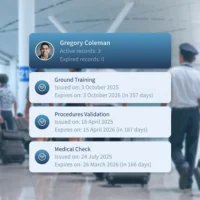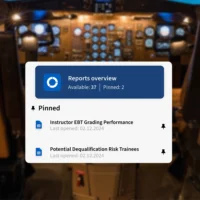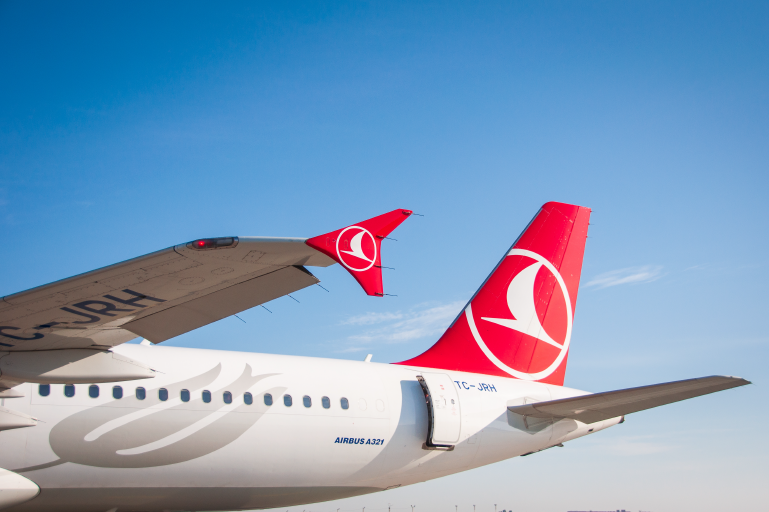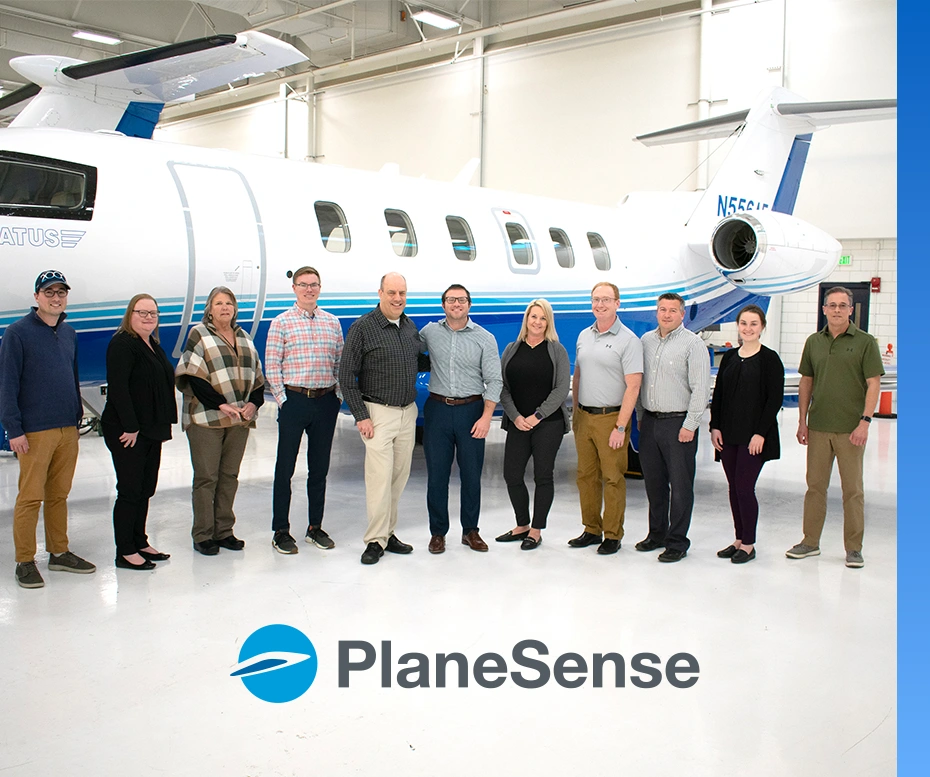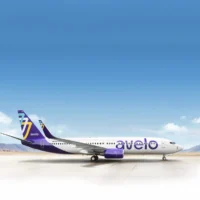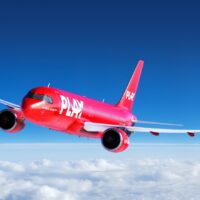Just 16 months after starting the implementation project, Turkish Airlines training department goes fully live with MINT TMS
In about seven intense workshops, the Istanbul based project team received the knowledge to configure and evolve the Training Management System tailored to Turkish Airlines needs and business processes.
The implementation approach followed a simple “we want it all scheme,” preparing the system to be used to keep the employee’s static data, manage their qualification data, set-up training templates, plan initial and recurrent training and assign instructors and venues to the course. Parallel to the system training, the team collected and loaded the legacy data from other systems into MINT TMS.
“Preparing the qualifications of more than 14000 crew members took a while for the team,” says Ihsan Raharjo, MINT’s project deputy. “But, honestly, we even did have lots of fun despite the demanding work onsite.”
This success could be attributed to the dedicated project team from different areas of Turkish Airlines training department sharing their knowledge of existing processes and being eager to find better ways to streamline future work.
Working together for a successful outcome
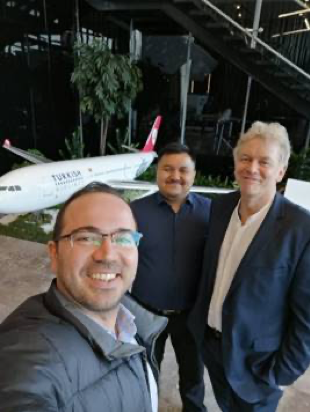
“What we most appreciate is the exceptional support we feel from stakeholders and project owners,” adds Chris Holst, lead MINT project manager, “this is what makes things work and keeps the four P’s (People, Product, Project, Process) in synch.”
Following the partial live milestone achieved in mid-2019, Turkish Airlines and the MINT team started to work on implementing the different interfaces that are the pre-requisite to go entirely live with MINT. These interfaces synchronize MINT with other systems within the Turkish Airlines network, such as with Simulators, HR Systems, LMS Systems Single Sign-On, and Crew Management System. One of the biggest challenges was to synchronize MINT with the Crew Management System that covers crew data, flying roster data, training roster data, training roster feedback, and training results. Following rigorous testing by Turkish Airlines team in Q4 2019, all interfaces were approved and signed off by Turkish Airlines in December 2019.
Following the sign, Turkish Airlines moved from the implementation team into regular support care. A formal project closing/signoff is to be planned in Istanbul shortly.


